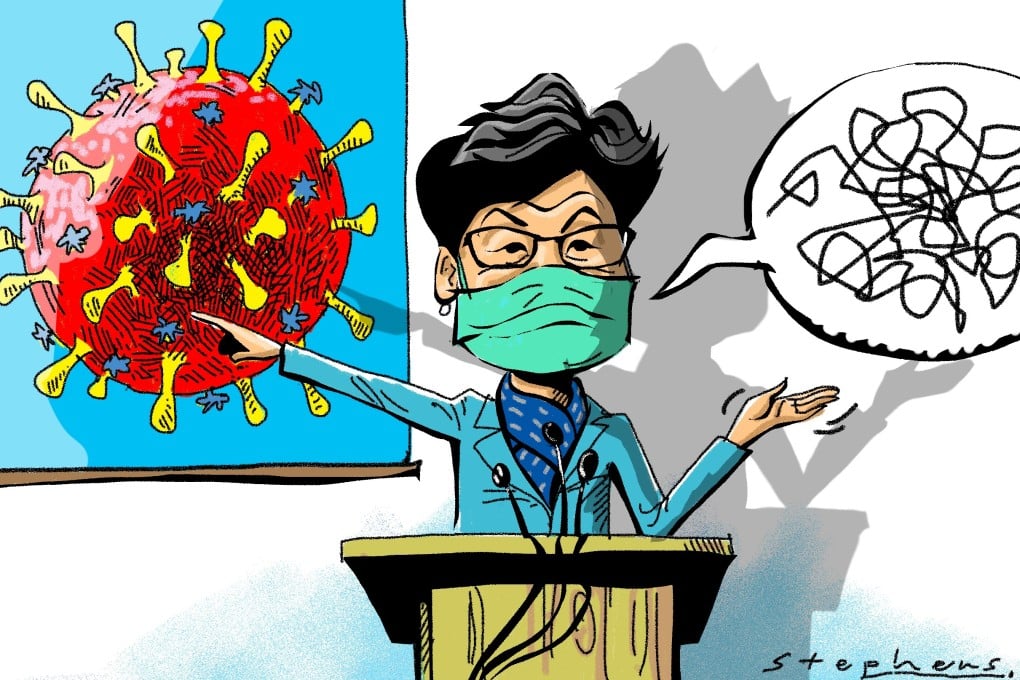Advertisement
Opinion | Covid-19: the one lesson Hong Kong has yet to learn from Sars – leadership communication
- Post-Sars standard operating procedures clearly work and the Hong Kong government has performed reasonably well in dealing with Covid-19, except in communicating a clear crisis narrative so people know what is being done and what to do
Reading Time:4 minutes
Why you can trust SCMP

Hong Kong was a major victim of severe acute respiratory syndrome 17 years ago with some 300 deaths. In the Covid-19 outbreak, an obvious question is whether it has learned from that bitter experience.
Advertisement
Each time a crisis post-mortem examination is done, lessons are drawn and “normalised” through improved policies, contingency plans and standard operating procedures. In so doing, people hope that another such crisis will not recur. But there are several caveats.
Nature seems to be playing games with human beings. Viruses mutate and new viruses emerge all the time. Covid-19 differs from Sars in that infection begins well before symptoms are seen, which reduces risk awareness. Besides, the impact of natural hazards is complicated by human and institutional factors in modern society.
While standard operating procedures provide useful guidance, sticking too rigidly to the book sometimes backfires. During Australia’s bush fire crisis, the federal government initially refused to take an active role, arguing that fighting bush fires is a state responsibility. For that, Prime Minister Scott Morrison’s leadership was widely questioned.
More stringent rules and elaborate mechanisms may have been instituted, but what if they are not strictly followed? The main reason Covid-19 was not stopped “at source” in Wuhan was the underassessment, underreporting and suppression of information for over a month due to systemic failures.
In 2003, both government-appointed international experts and the Hospital Authority’s review found serious defects in Hong Kong’s crisis management over Sars. The viral spread and impact were underestimated because the traditional evidence-based epidemiological assessment approach ignored “soft” intelligence.

Advertisement
